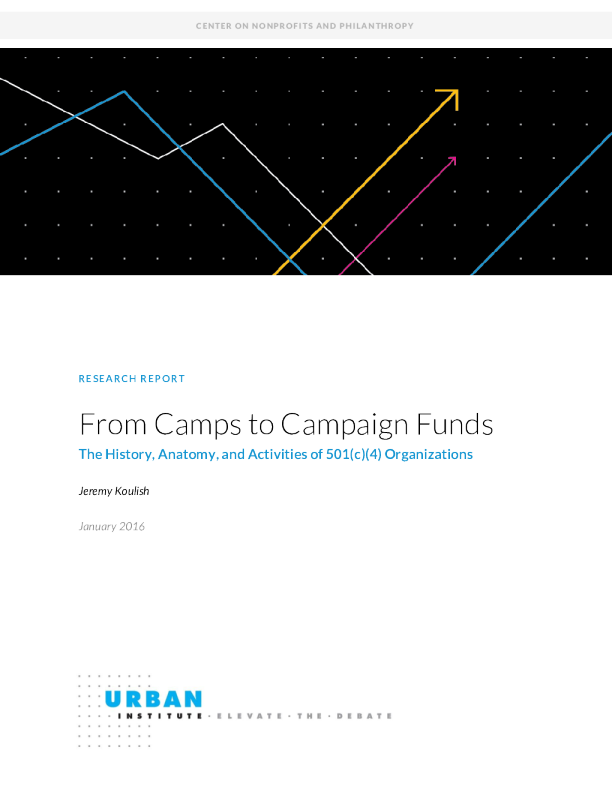Pandemics and Firms: Drawing Lessons from History

WP/20/276 Pandemics and Firms: Drawing Lessons from History by Serhan Cevik and Fedor Miryugin © 2020 International Monetary Fund WP/20/276 IMF Working Paper Western Hemisphere Department Pandemics and Firms: Drawing Lessons from History Prepared by Serhan Cevik and Fedor Miryugin1 Authorized for distribution by Bert van Selm December 2020 Abstract The global economy is in the midst of an unprecedented slump caused by the COVID-19 pandemic. To assess the likely evolution of nonfinancial corporate performance going forward, this paper investigates empirically the impact of past pandemics u sing firm-level data on more than 537,000 companies from 14 developing countries during the period 1998–2018. The analysis indicates that the prevalence of infectious diseases has an economically and statistically significant negative effect on nonfinancial corporate performance. T his adverse impact is particularly pronounced on smaller and younger firms, compared to larger and more established corporations. We also find that a higher number of infectious-disease cases in population increases the probability of failure among nonfinancial firms, particularly for small and young firms. In the case of COVID-19, the magnitude of these effects will be much greater, given the unprecedented scale of the outbreak and strict policy responses to contain its spread. JEL Classification Numbers: E22; F3; F34; G20; G30; G31; G32 Keywords: Pandemics; nonfinancial corporate performance; firm-level Author’s E-Mail Address: scevik@imf.org; fmiryugin@gwu.edu 1 The author would like to thank Pelin Berkmen, Jaime Guajardo, Jorge Roldos, and Alejandro Werner for insightful comments and suggestions. The views expressed herein are those of the authors and should not be attributed to the IMF, its Executive Board, or its management. IMF Working Papers describe research in progress by the author(s) and are published to elicit comments and to encourage debate. The views expressed in IMF Working Papers are those of the author(s) and do not necessarily represent the views of the IMF, its Executive Board, or IMF management. 2 Contents Page Abstract ................................................................................................................................................................................. 2 I. Introduction ..................................................................................................................................................................... 3 II. Data Overview ................................................................................................................................................................ 5 III. Empirical Methodology ............................................................................................................................................. 7 IV. Estimation Results .................................................................................................................................................... 10 V. Conclusion.................................................................................................................................................................... 14 Annex .................................................................................................................................................................................. 16 References ......................................................................................................................................................................... 22 I. INTRODUCTION The COVID-19 pandemic is an unprecedented shock with far-reaching economic and financial repercussions throughout the world. As of December 10, 2020, there are over 69.3 million confirmed cases of COVID-19 in 190 countries, with more than 1.5 million deaths (Figure 1).2 History is full of pandemics, but the coronavirus outbreak has had a greater impact on every country across the world (Figure 2). According to the International Monetary Fund (IMF), global real GDP growth is projected to contract by 4.4 percent in 2020, resulting in a cumulative loss of more than US$10 trillion over 2020-21. The synchronized nature of the downturn—driven by massive disruptions in supply networks and a collapse in private-sector demand—jeopardizes corporate profitability and depletes firms’ cash buffers. At the same time, while governments and central banks have responded by providing extensive fiscal stimulus, lowering interest rates and relaxing macroprudential regulations, uncertainty surrounding the pandemic has depressed risk appetite and pushed borrowing costs higher. This is a systemic risk like no other at a time of record-breaking debt levels, especially among nonfinancial firms across the world. Consequently, a vicious cycle triggered by the pandemic could exacerbate corporate vulnerabilities, deepen macro-financial instability, and cause long-lasting damage to e




